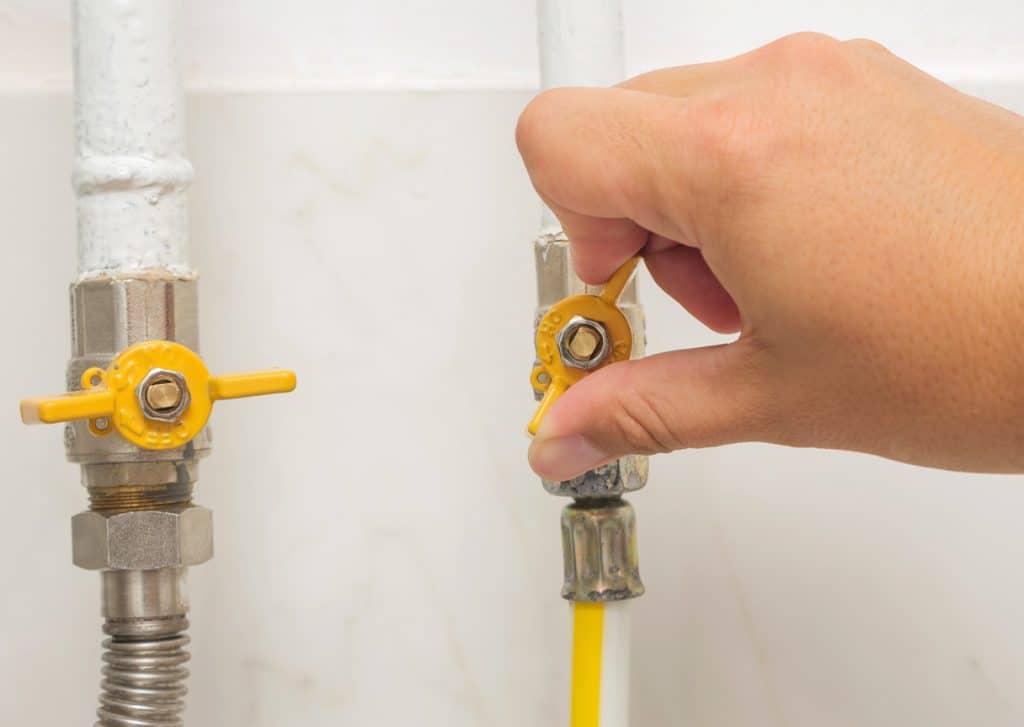Recognizing gas line problems is essential for maintaining the safety of everyone in the home and ensuring your appliances and HVAC system remain functional. Here are some key concerns to watch out for during the winter.
Frozen Gas Regulator
In colder temperatures, the gas regulator, a device that is responsible for maintaining a consistent gas pressure, can freeze. When this happens, it may disrupt the flow of gas to your appliances and HVAC system. Regularly inspect this device for ice accumulation. If you notice your gas regulator is frozen, call a professional for help.
Condensation and Rust
Condensation can form within gas lines, leading to rust and corrosion. Rust can weaken the integrity of the pipes, posing a potential safety hazard. Periodically check for signs of rust, particularly at connection points. If detected, consult a professional to assess and address the issue promptly.
Cracked or Damaged Lines
Extreme temperature fluctuations, common in winter, can cause gas lines to contract and expand. This movement may result in cracks or damage to the lines. Visually inspect the lines for any signs of wear or cracks. A damaged gas line demands immediate attention to prevent gas leaks, which can have fatal consequences.
Tree Root Intrusion
Over time, tree roots can infiltrate underground gas lines, especially if there are existing cracks or gaps. Winter conditions can exacerbate this issue as frozen soil may cause further movement. Regularly inspect the area around gas lines for signs of root growth and take preventive measures, such as having a professional plumber install root barriers.
Pressure Drop in Gas Lines
Severe cold can lead to a drop in gas pressure within the lines. Low pressure can impact the performance of gas-powered appliances, including heating systems and water heaters. Monitoring pressure levels and addressing any inconsistencies promptly will help maintain optimal functionality.
Gas Line Shutoff Valve Issues
The gas line shutoff valve plays a crucial role in emergencies or when appliances need repair. Cold temperatures can cause these valves to become stiff or difficult to operate. Regularly test the shutoff valve to ensure it functions correctly and seek professional assistance if needed.
Carbon Monoxide Leaks
Winter often prompts increased use of gas-powered appliances, raising the risk of carbon monoxide leaks. Install carbon monoxide detectors near gas appliances and heating systems to promptly detect any potential leaks. Regularly check and replace detector batteries.
Professional Inspection
While homeowners can perform visual checks, it’s crucial to schedule yearly professional inspections. Certified technicians can conduct thorough examinations, identify potential issues, and implement appropriate solutions to ensure the safety and efficiency of gas lines.
By staying vigilant and addressing these common gas line concerns during winter, you can maintain the safety and functionality of your gas-powered appliances and HVAC system. To have your gas lines inspected this winter, call Select Plumbing in Lincoln, NE today.



